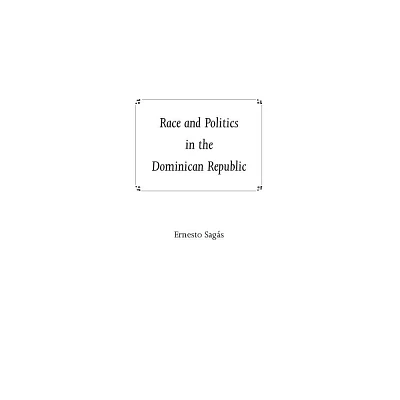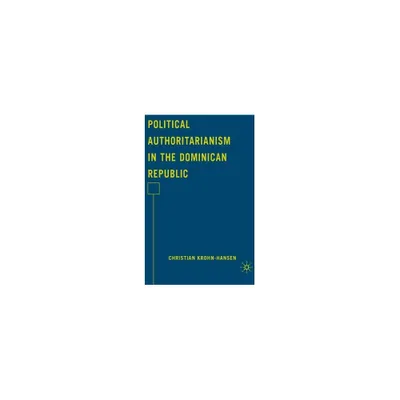Home
Military Crisis Management: U.S. Intervention in the Dominican Republic, 1965
Loading Inventory...
Barnes and Noble
Military Crisis Management: U.S. Intervention in the Dominican Republic, 1965
Current price: $85.00


Barnes and Noble
Military Crisis Management: U.S. Intervention in the Dominican Republic, 1965
Current price: $85.00
Loading Inventory...
Size: OS
*Product Information may vary - to confirm product availability, pricing, and additional information please contact Barnes and Noble
This account of the 1965 Dominican intervention is a case study in U.S. crisis management. Herbert Schoonmaker analyzes the role and management of U.S. military forces in the Dominican crisis. Like other Cold War interventions, the Dominican intervention demonstrated the use of rapidly reacting, joint military forces to achieve limited political objectives. It also represents a good vehicle for analyzing U.S. civilian-military relationships during this kind of military operation. At the same time the civil strife continued in Santo Domingo, U.S. military forces engaged in a variety of duties, both combat and peacekeeping, and did so while the Organization of American States, the United Nations, and U.S. government teams attempted to negotiate a peaceful settlement. Such a complex environment, Schoonmaker argues, necessitated tight civilian control of the engaged armed forces and required restraint in carrying out their combat duties.
In addition to the political-military factors, Schoonmaker also focuses on the joint army-navy-air aspects of the operation. He concentrates on the uniqueness of the intervention which makes the lessons learned from it applicable in some circumstances, but not in others. A study of the Dominican intervention is important because of its implications for defense needs and structure in a time of tight military budgets. The author also outlines the problems associated with quick-reacting forces and indicates the necessity for efficient intelligence, communications, logistics, and command and control. This book is must reading for military theoreticians and strategists, historians, and political scientists.
In addition to the political-military factors, Schoonmaker also focuses on the joint army-navy-air aspects of the operation. He concentrates on the uniqueness of the intervention which makes the lessons learned from it applicable in some circumstances, but not in others. A study of the Dominican intervention is important because of its implications for defense needs and structure in a time of tight military budgets. The author also outlines the problems associated with quick-reacting forces and indicates the necessity for efficient intelligence, communications, logistics, and command and control. This book is must reading for military theoreticians and strategists, historians, and political scientists.


















